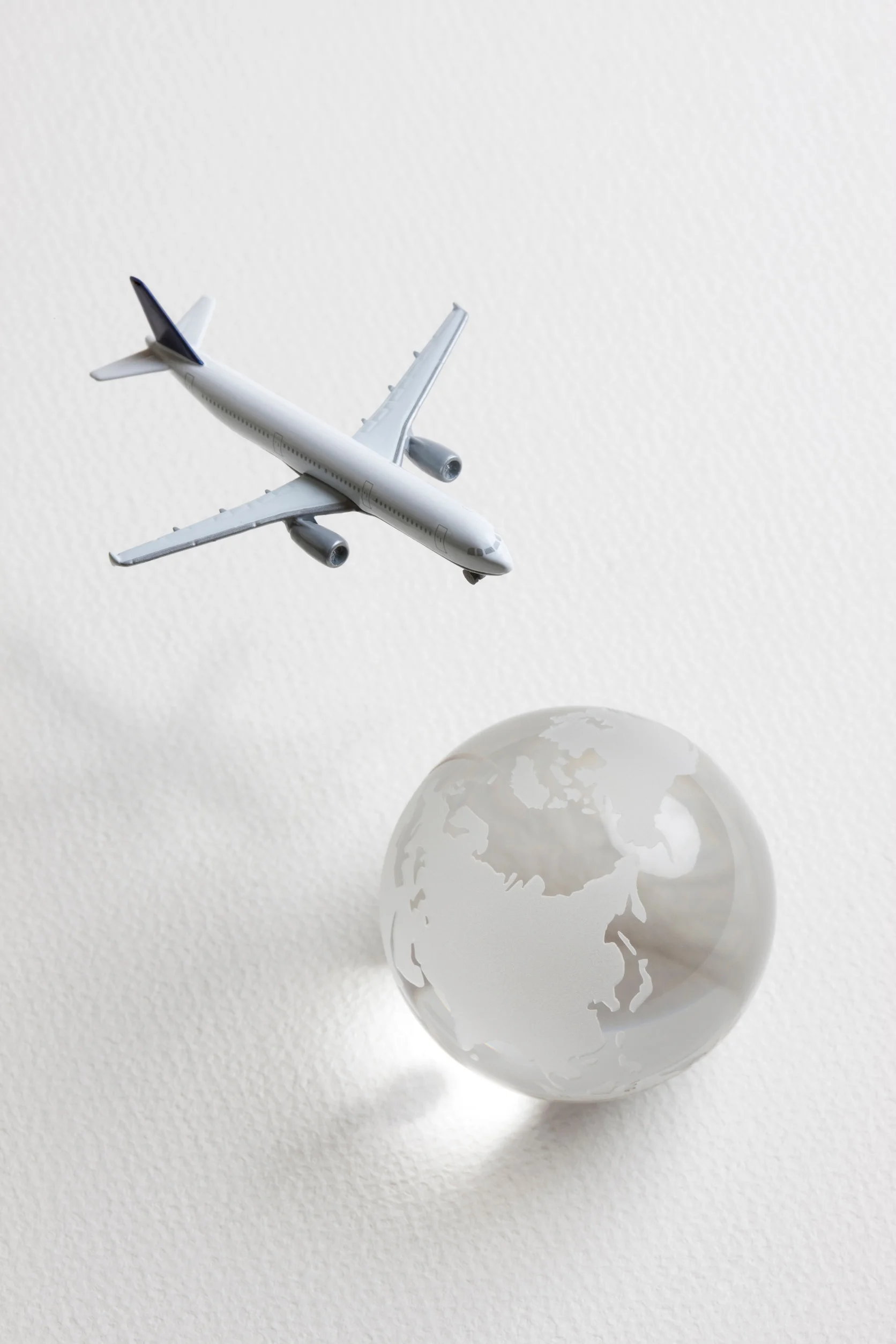Cameroon Residency & Citizenship Options
To become a Cameroonian resident or citizen, individuals can pursue various pathways, including legal residency, marriage to a Cameroonian citizen, or naturalisation, each subject to specific eligibility criteria and processes.
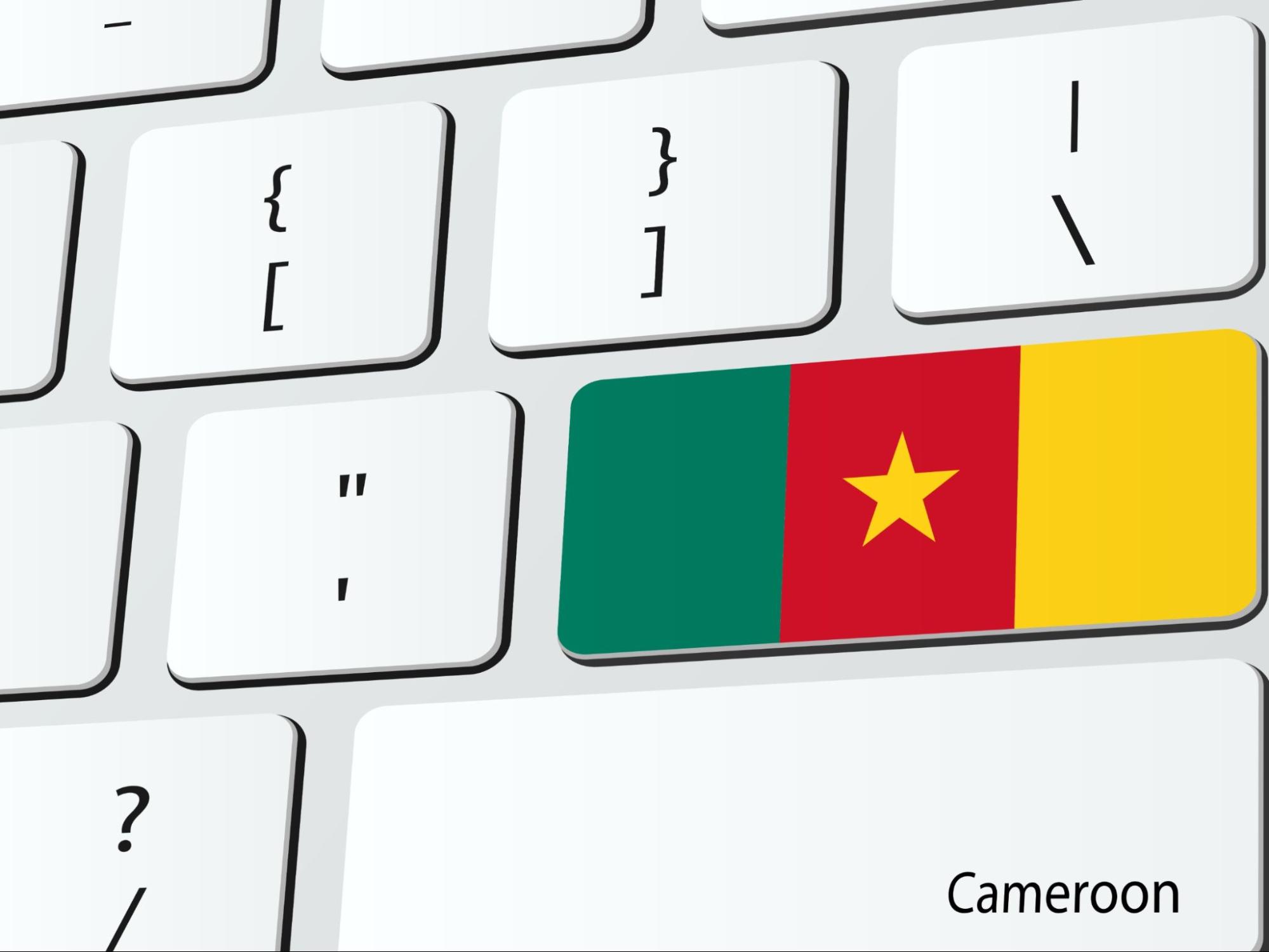
Cameroonian land and travel
Cameroon is a country in Central and West Africa, bordered by Equatorial Guinea, Gabon, the Republic of Congo, the Central African Republic, Chad, and Nigeria. It is the 25th largest country in Africa, with a total land area of 475,442 square kilometres.
Cameroon's climate varies from semi-arid and hot in the northern regions to tropical along the coastline. The country has a diverse landscape, featuring plains, plateaus, and mountains.
Cameroon's mobility and transportation infrastructure are facilitated by several key cities, including Douala, the largest city in the country, and Yaoundé, the capital.
Douala International Airport (DLA) is the largest airport in Cameroon, handling approximately 1.5 million passengers annually.
Here are some additional points about Cameroon's land and travel:
- Cameroon is home to Mount Cameroon, the highest mountain in West Africa.
- The country is also home to a number of national parks, including Waza National Park, one of the largest national parks in Africa.
- Cameroon is a popular tourist destination, known for its beaches, rainforests, and wildlife.
- The country's transportation infrastructure is still developing, but there are a number of ways to get around, including by bus, train, and plane.
Cameroon's people and population
The country is home to over 240 distinct tribes, each with its own unique culture and traditions. The predominant religion practised in Cameroon is Catholic Christianity, closely followed by Islam.
Cameroon officially recognizes both French and English as its languages, reflecting its colonial history. Additionally, indigenous languages and dialects continue to hold significance and are widely spoken by the population.
Cameroon is a presidential republic with a population of over 26 million people. The country's legal system is a combination of common law, civil law, and customary law.
Additional Points
- Cameroon is a young country, with over 60% of the population under the age of 25.
- The country is urbanising rapidly, with over half of the population now living in cities.
- Cameroon is a multicultural society, with a wide range of ethnic groups, religions, and languages represented.
- The country is facing a number of challenges, including poverty, unemployment, and corruption.
- Despite these challenges, Cameroon is a vibrant and growing country with a bright future.
Cameroon's wealth and jobs
Cameroon is a lower-middle-income country with a GDP of $95 billion. Its economy is characterised by diversity, encompassing various sectors. The most significant contributor to Cameroon's GDP is oil exports, followed by agriculture.
Cameroon's agricultural sector is strong, with the country ranking third globally in terms of plantain production. Other important agricultural products include cocoa, coffee, cotton, and rubber.
Cameroon's industrial sector is less developed than its agricultural sector, but it is growing rapidly. Key industries include aluminium smelting, oil refining, and food processing.
The service sector is the largest sector of the Cameroonian economy, accounting for over 50% of GDP. This sector includes tourism, telecommunications, and financial services.
Employment
The majority of Cameroonians are employed in the agricultural sector. Other important sources of employment include the informal sector, the public sector, and the private sector.
The unemployment rate in Cameroon is high, at over 15%. This is a major challenge facing the country, as it is leading to poverty and social unrest.
Additional Points
- Cameroon's economy is growing steadily, but it is still vulnerable to external shocks, such as fluctuations in oil prices.
- The country is facing a number of challenges, including poverty, unemployment, and corruption.
- However, Cameroon has a number of strengths, including a young and growing population, a rich natural resource base, and a strategic location in Central Africa.
Cameroon travel guide
Cameroon is a burgeoning tourist destination celebrated for its diverse range of attractions and activities. Often referred to as "all of Africa in a single country" by the government, Cameroon offers travellers a unique blend of culture, natural beauty, and adventure.
- Popular Tourist Sites
- Yaoundé
As the capital city of Cameroon, Yaoundé is a vibrant hub of activity, offering a rich blend of culture and history. Visitors to Yaoundé can immerse themselves in the nation's cultural heritage by exploring attractions such as the National Museum of Cameroon, where artefacts and exhibits showcase the country's diverse past.
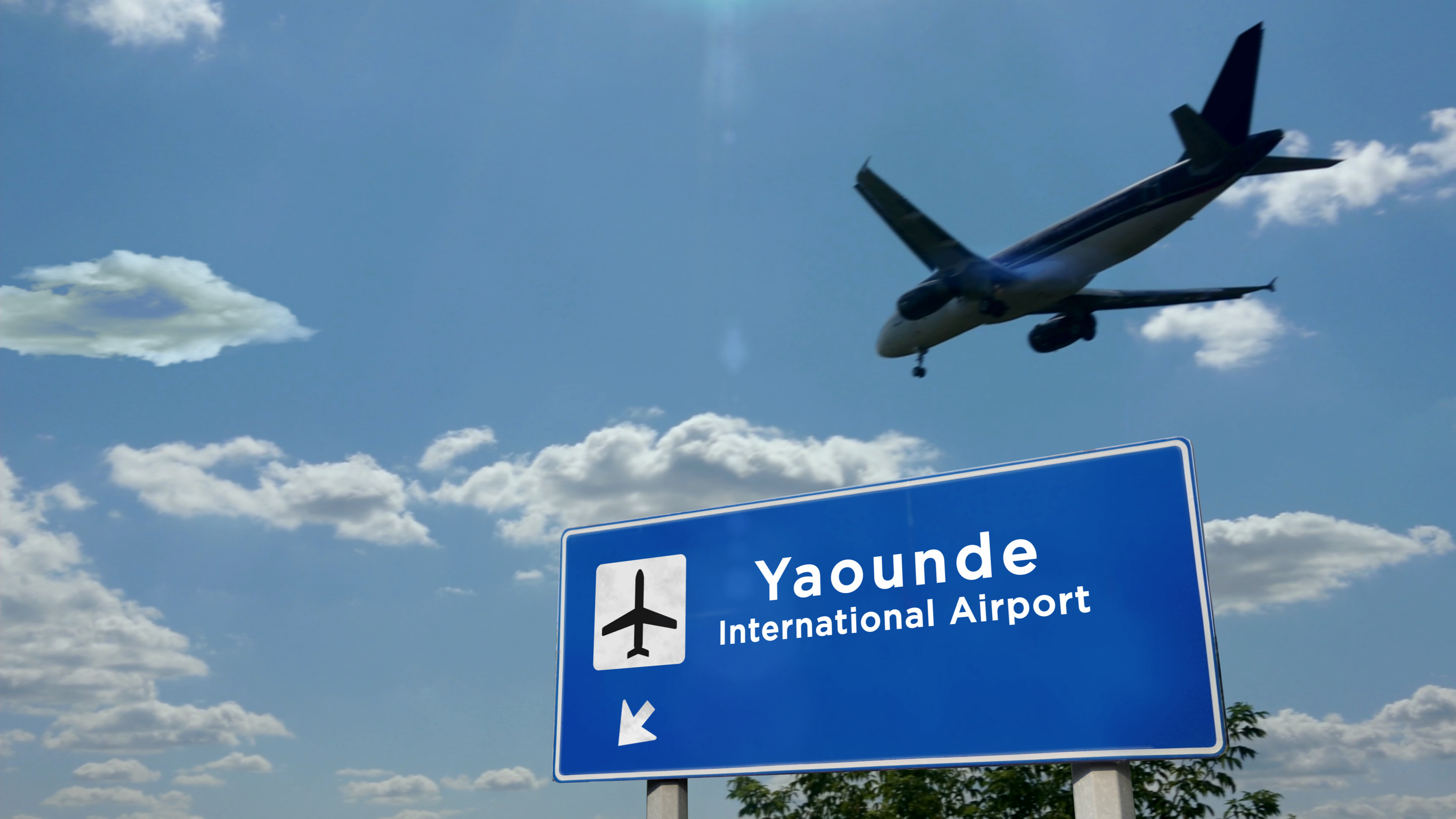
The Cameroon Art Museum presents a platform for local and international art, while the Mvog-Betsi Zoo allows tourists to encounter a variety of wildlife. Beyond these cultural sites, Yaoundé's bustling atmosphere, bustling markets, and historical landmarks make it an essential stop for travellers seeking to understand the heart of Cameroon.
- Limbe: Limbe, situated on the picturesque southwestern coast of Cameroon, is a coastal paradise that beckons nature enthusiasts and beach lovers. The town's stunning beaches offer a tranquil escape, and its lush rainforests provide an opportunity for hiking and exploration.
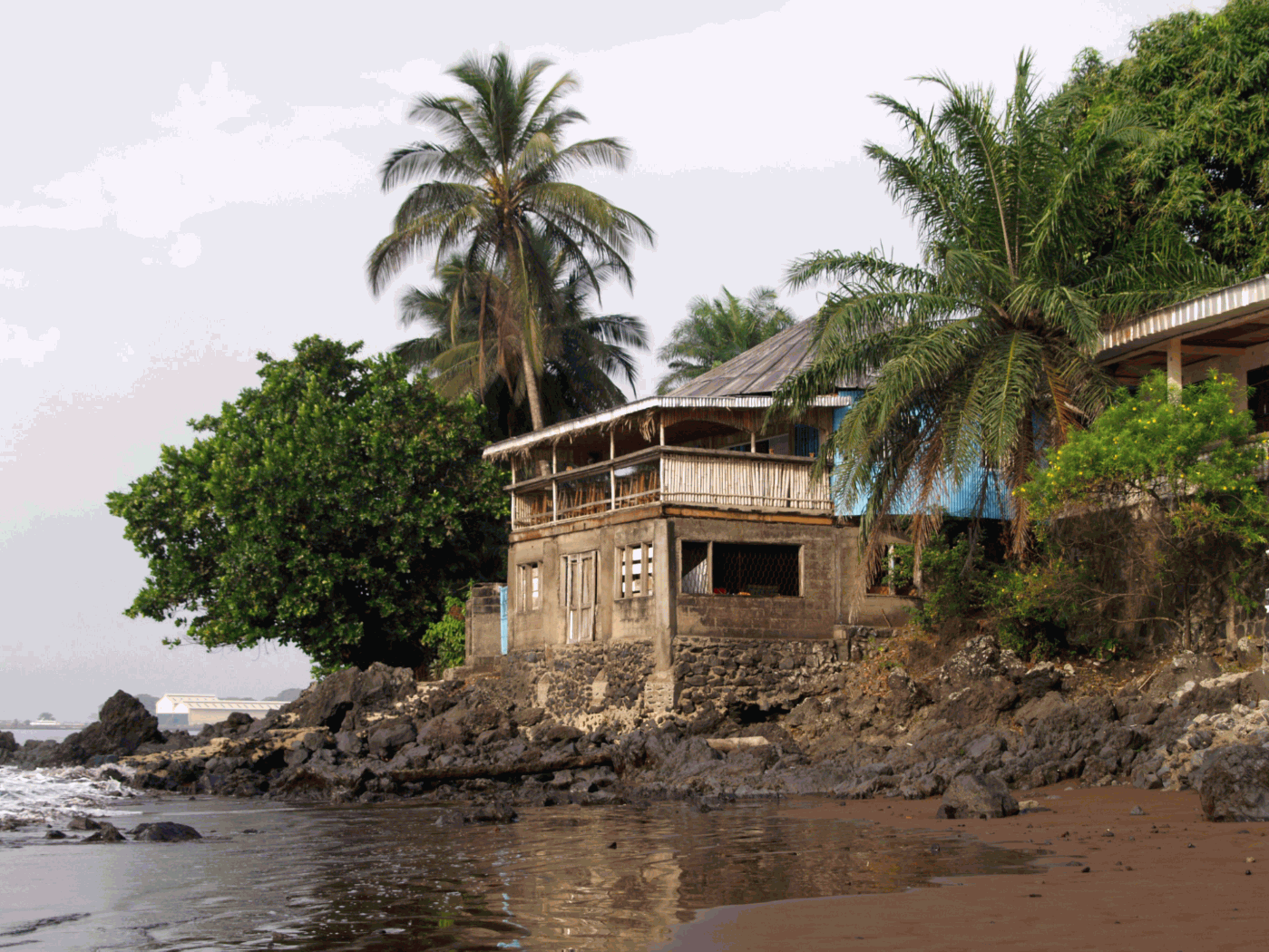
One of Life's standout attractions is the Limbe Wildlife Centre, where visitors can witness a wide array of wildlife species up close, including primates and exotic birds. Limbe seamlessly combines natural beauty with outdoor activities, making it a sought-after destination for those seeking both relaxation and adventure.
- Waza National Park: Waza National Park stands as one of Africa's largest and most captivating national parks, teeming with an array of remarkable wildlife. The park offers a truly exceptional experience for wildlife enthusiasts, as it provides a habitat for iconic African animals such as elephants, lions, and giraffes.
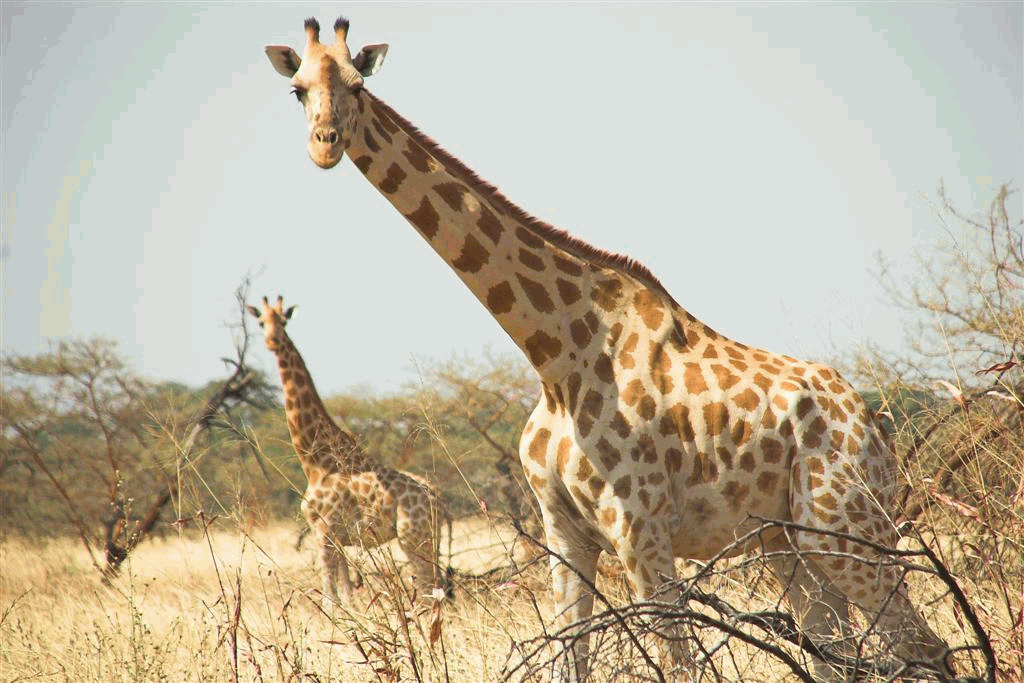
Tourists can embark on thrilling game drives and safaris within the park's boundaries, offering a unique opportunity to witness these majestic creatures in their natural environment. Waza National Park is a testament to Cameroon's commitment to preserving its rich biodiversity.
- Foumban: Foumban, a city nestled in western Cameroon, is celebrated for its vibrant Bamileke culture and a thriving arts and crafts scene. The city's allure lies in its ability to provide visitors with an immersive cultural experience. Tourists can explore the Palace of the Sultan of Bamoun, a remarkable architectural gem that showcases the region's royal history.
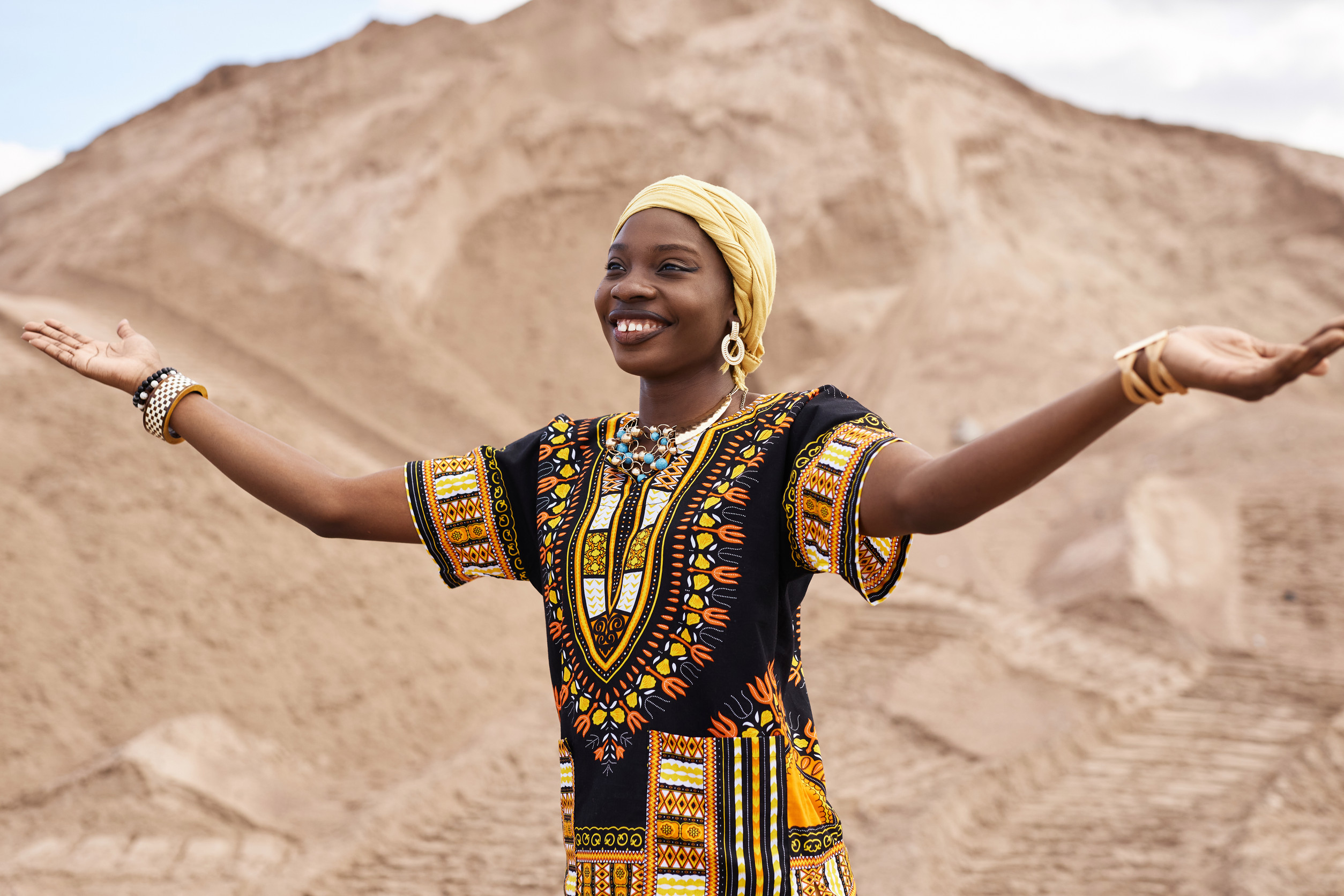
The Foumban Museum of Arts and Crafts is a treasure trove of traditional artefacts, masks, and sculptures, providing insights into the artistic heritage of the Bamileke people. A visit to Foumban offers a glimpse into Cameroon's diverse cultural tapestry.
Campo Ma'an National Park
Located in the northeastern corner of Cameroon, Campo Ma'an National Park is a true haven for wildlife enthusiasts and nature lovers. The park boasts an abundance of biodiversity, with inhabitants that include elephants, buffaloes, and lions, among other fascinating species.
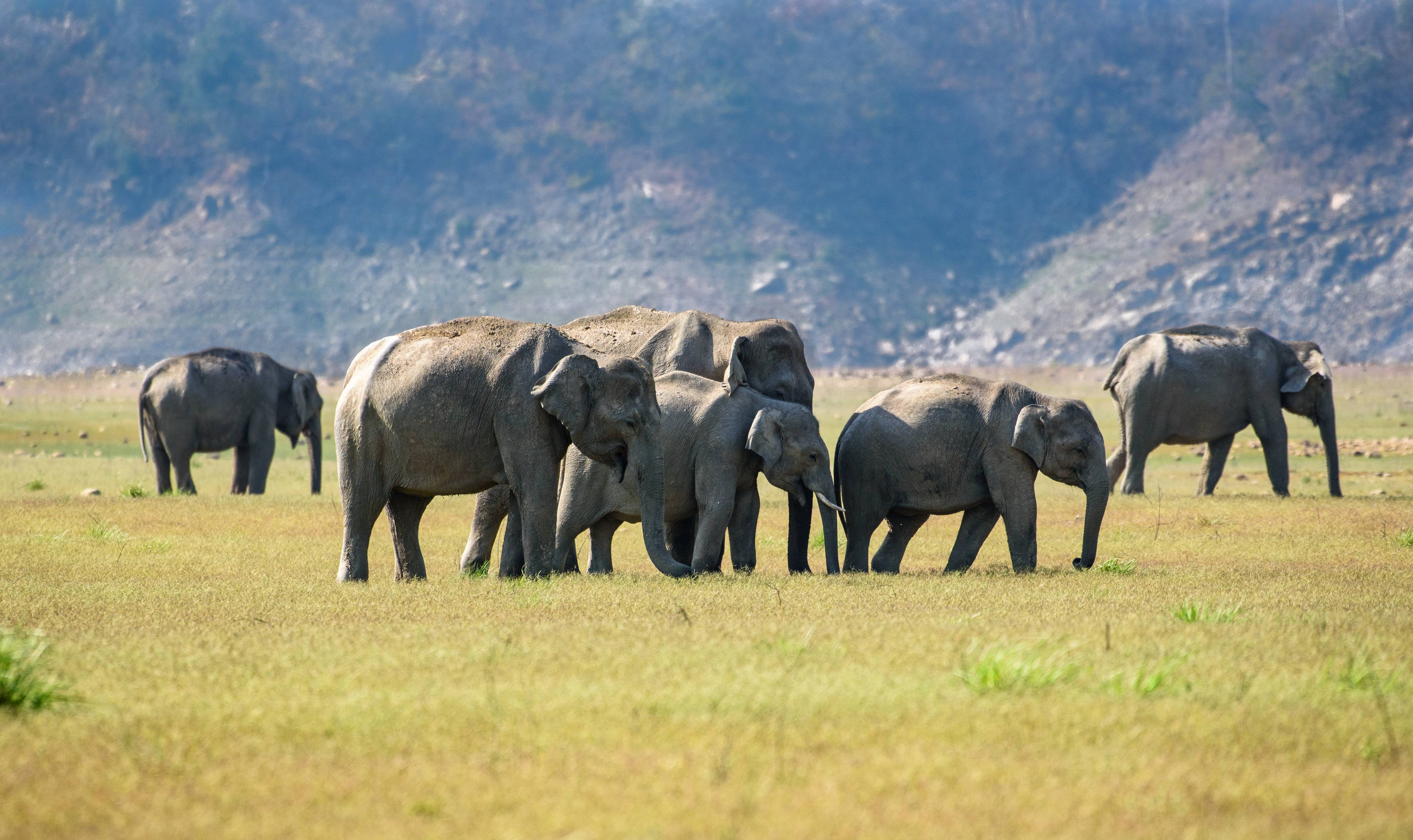
What makes Campo Ma'an especially captivating is the opportunity for exciting game drives and safaris, allowing tourists to observe these remarkable animals in their natural habitat. The park's pristine landscapes and rich wildlife make it a must-visit destination for those seeking a deeper connection with nature in the heart of Cameroon.
- Getting to Cameroon: Cameroon is accessible via several international airlines that provide direct flights to Douala International Airport (DLA), the country's largest airport. Additionally, travellers can opt for Visa Requirements: To visit Cameroon, most foreign nationals are required to obtain a Cameroon visa. These visas can typically be obtained by applying through embassies and consulates located in different countries.
It's advisable for travellers to research and confirm the specific visa requirements and application procedures well in advance of their planned trip. Understanding the visa requirements and ensuring timely application is essential to facilitate a smooth entry into Cameroon. - Currency: The official currency used for financial transactions in Cameroon is the Central African CFA franc (XAF). This currency is widely accepted throughout the country and is commonly used for various transactions, including payments for accommodation, dining, and shopping.
Visitors should acquaint themselves with the current exchange rates to manage their finances efficiently while in Cameroon. - Language: Cameroon is a linguistically diverse nation with official languages including French and English, reflecting its multicultural population. Beyond these, there are over 240 indigenous languages, highlighting the country's cultural richness. In urban areas, English and French speakers are commonly found, making communication with locals easier for travellers.
- Climate: Cameroon's climate is characterised by a tropical pattern, which includes two distinct rainy seasons. The first rainy season typically occurs from June to September, followed by a second rainy season from October to November.
The most favourable time to visit Cameroon is during the dry season, which spans from December to May. This period offers pleasant weather conditions and is ideal for exploring the country's various attractions without the interference of heavy rains. - Accommodation: Cameroon caters to a wide range of accommodation preferences and budgets, ensuring that travellers can find suitable lodging options for their stay. Accommodation choices include budget-friendly guesthouses, mid-range hotels, and luxurious resorts.
These establishments are often found in major cities and tourist destinations, providing visitors with a comfortable and convenient base for their exploration of Cameroon. - Food: Cameroonian cuisine is a delightful blend of African and European influences, offering a diverse and flavorful culinary experience. Some popular dishes include njama njama, a delicious plantain stew, foufou, a pounded cassava dish, and eru, a flavorful bitterleaf soup. For adventurous eaters, exploring Cameroonian cuisine is a treat for the taste buds, with an array of unique flavours and regional specialties to savour during their visit.
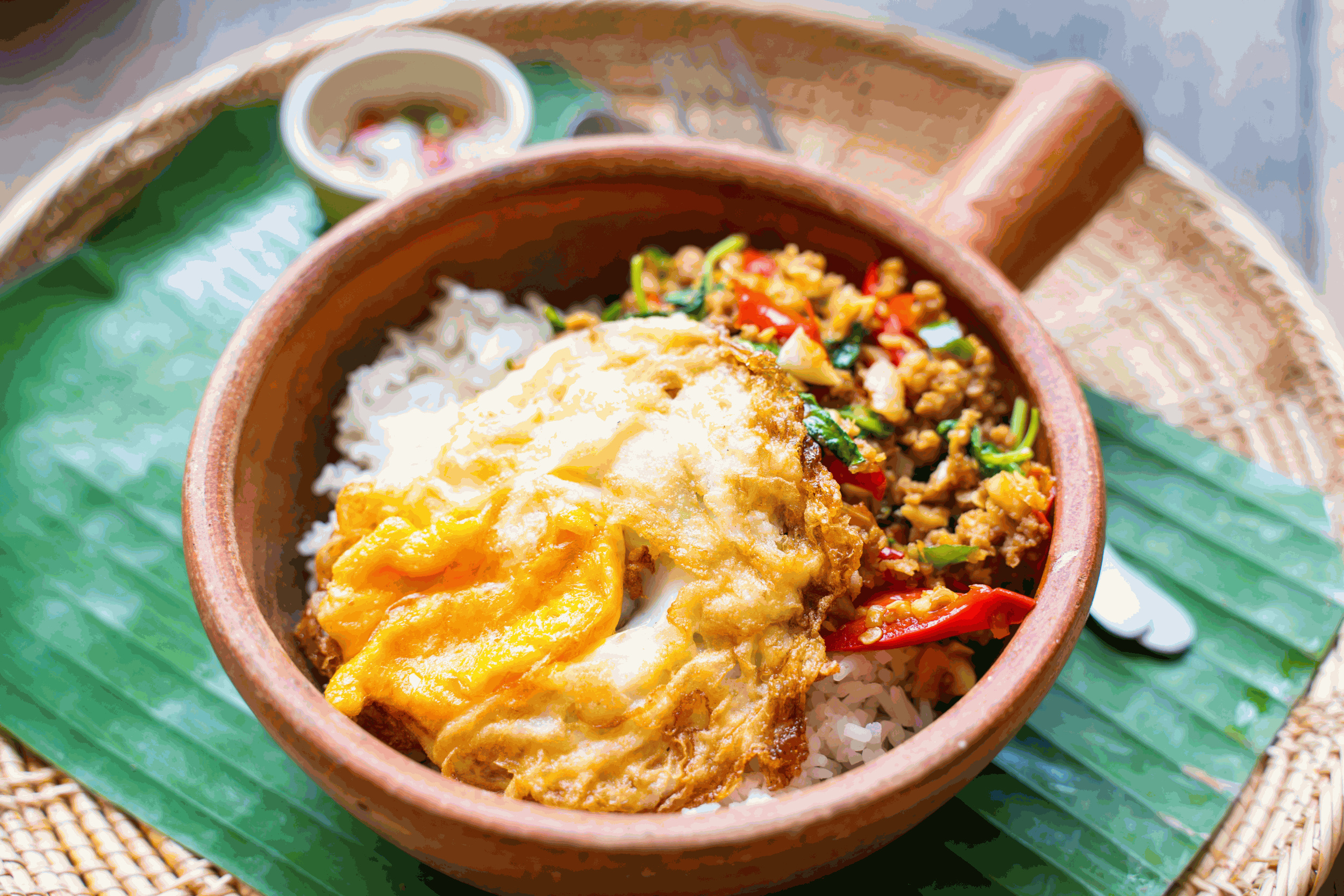
FAQS
How can I obtain residency in Cameroon?
You can obtain residency in Cameroon through various means, such as employment, investment, family reunification, or as a retiree. The specific requirements and application process may vary depending on the type of residency you are seeking.
Can I apply for permanent residency in Cameroon?
Yes, Cameroon offers permanent residency options for foreign nationals who meet certain criteria, including having legally resided in the country for a specified period and fulfilling other requirements set by the government.
What are the investment options for obtaining residency in Cameroon?
Cameroon offers an investment program that allows foreign investors to obtain residency by making a substantial investment in the country. The specific investment amount and conditions may vary, so it's essential to check with the relevant authorities.
Can I obtain citizenship through marriage to a Cameroonian citizen?
Yes, marrying a Cameroonian citizen can be one of the pathways to becoming a citizen of Cameroon. However, the process may involve meeting specific residency and other legal requirements.
What is the process for naturalisation as a Cameroonian citizen?
The process of naturalisation in Cameroon typically involves residing in the country for a specified number of years, demonstrating a good moral character, and fulfilling other legal requirements.
Are there language requirements for obtaining citizenship in Cameroon?
Cameroon has both French and English as official languages. Depending on your region and the circumstances of your application, you may need to demonstrate proficiency in one or both of these languages as part of your citizenship application.
How long does it take to become a citizen of Cameroon through naturalisation?
The timeline for naturalisation in Cameroon can vary based on individual circumstances, but it generally takes several years of legal residency and adherence to the requirements set by the government.
Applying for a Cameroon eVisa
- Step 1: Complete the online application form with your personal details and passport information.
- Step 2: Proceed to securely pay online using your credit card.
- Step 3: Check your email for payment confirmation and receipt of your Cameroon eVisa, which will be sent electronically.



